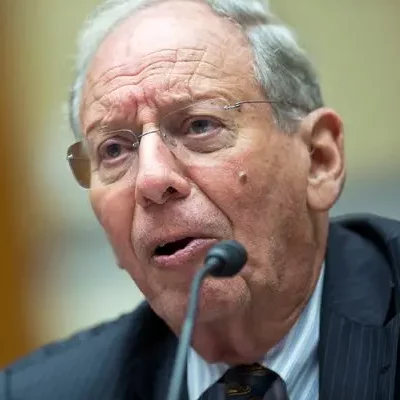This article is a part of the Larry Ribstein: In Memoriam (1946-2011) symposium.
In 1986, when I set out to develop a Law and Economics-oriented law school at George Mason University, I knew that I had a “secret weapon”, the list of about 450 law professors who had by then attended the Law and Economics Center’s Economics Institutes for Law Professors. I did not have a large budget, but I did have a pretty good idea that some promising stars might be lurking in places I could raid. Someone termed this the “powerball strategy”. The very first person who fit the bill was Larry Ribstein. He had made an impression on me in “summer camp” as someone with a natural proclivity towards the economic way of thinking, and I could just conjecture that he was not then receiving much support or encouragement for this more intellectual approach to law teaching. I believe that he was the very first person I contacted to test his interest in joining a new kind of school. As he demonstrated in everything he did for the rest of his woefully short life, he opted to take the more intellectually challenging opportunity, though he must have understood the tremendous risks that all of us were taking with our professional careers in those days. Larry was the very essence of what became the George Mason style, intellectually fearless and forever mindful of the goals of law in a free society. He was a faculty mainstay in the task of developing the new curriculum and the new approach which we were all gambling on. I suspect that he never would have left Mason (even for a chair and far more money) had he not felt that we had accomplished what we set out to do there. He was crucial to the success that law school has enjoyed.
His work in recent years has been nothing short of spectacular, as he has almost single-handedly introduced the world to some peculiar disadvantages of the regulated corporate system we have evolved and opened our eyes to the benefits that can flow from the non-melliflous-named “uncorporation.” That was still perhaps a work in progress when he died, and who knows whether a new enthusiast will step forward to champion the cause. The same is true of his pioneering work in jurisdictional competition and capitalism in the movies. But perhaps our greatest intellectual lacuna from his death will show in connection with his most recent work on the changing economics of legal services and legal education. This work was of great importance, not merely because of the insightful substance, but also because he ventured into a very significant area most law professors fear to tread. But that was Larry.
On a personal note, I have lost a delightful and valued friend, a professional and intellectual “son” who was not supposed to predecease his mentor, and my intellectual biographer (see his “Henry Manne: Intellectual Entrepreneur, in Pioneers Of Law And Economics (Lloyd R. Cohen and Joshua D. Wright, eds.,. Elgar Publishing, 2009)) who taught me that I had said far more than I ever understood. I join the others who loved Larry in sending our deepest sympathy and condolences to Ann, Sarah and Susanna.




